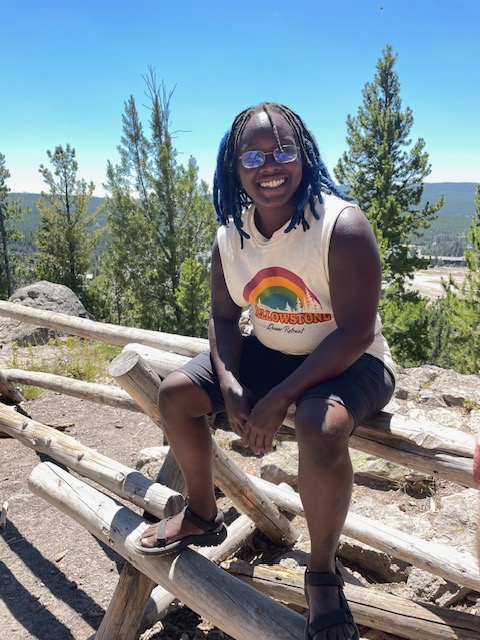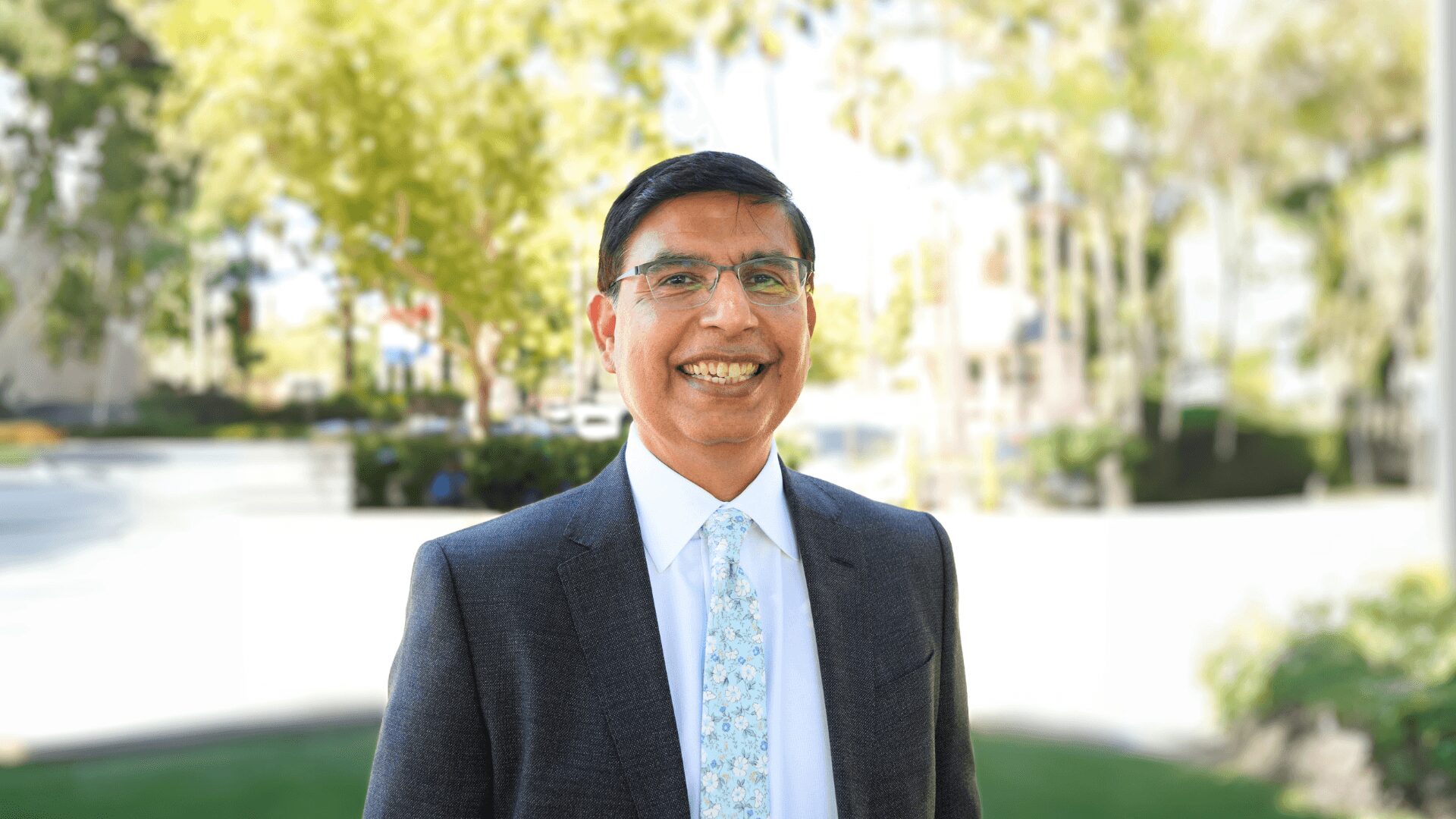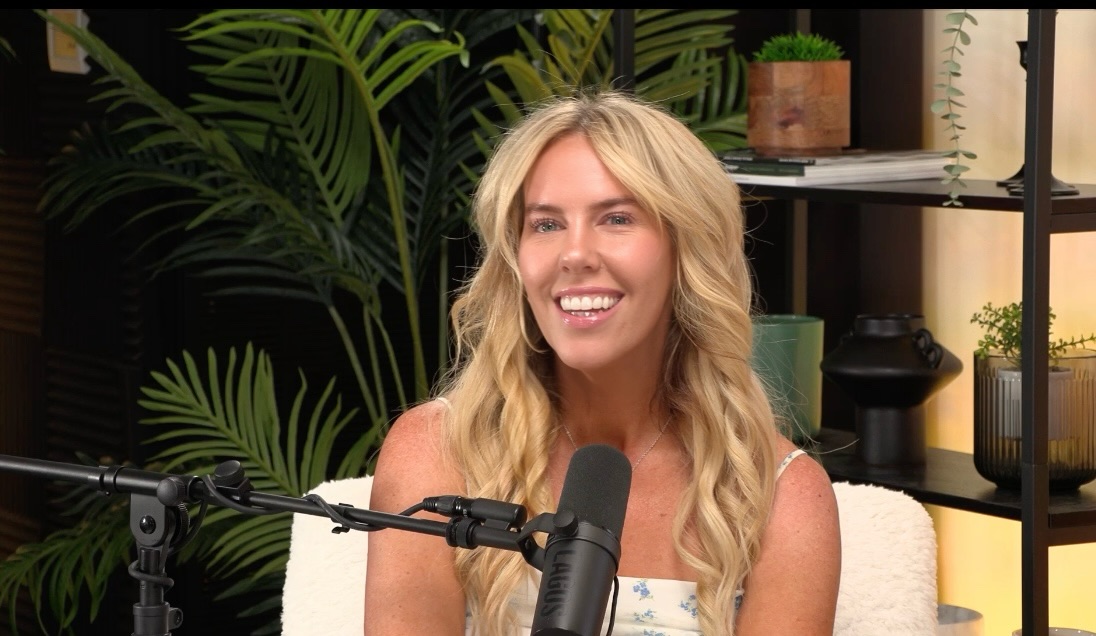We recently connected with Koi Reid and have shared our conversation below.
Koi, thank you so much for joining us today. Let’s jump right into something we’re really interested in hearing about from you – being the only one in the room. So many of us find ourselves as the only woman in the room, the only immigrant or the only artist in the room, etc. Can you talk to us about how you have learned to be effective and successful in situations where you are the only one in the room like you?
As a queer black person, I am used to being the only one in the room, in both visible and invisible ways. I have learned how to be a successful employee, entrepreneur, and artist through years of trial and error alongside advice from others who have lived through similar experiences. Here are some of the most important lessons I have learned.
1. Be confident
Know your worth, your skills, and your education. Don’t be afraid to take the lead, disagree with the group, or point out when someone is trying to take advantage of you. But don’t be actively disagreeable either – people will pounce on anything you do that can be pointed out as “bad” behavior.
2. Advocate for yourself
Leverage your uniqueness. The things that make you different from others also give you a unique background, point of view, and skills. Turn your diversity into an advantage by playing up the strengths you have which others may not. This can include simply your presence in the workplace.
For example, I taught swim lessons during college- a sport that black folks have historically been excluded from. One day, my manager pulled me aside and thanked me for my work. When I asked what I did, she informed me that they had triple the amount of minority students and community members sign up for lessons within my first few months working at the aquatic center. Simply by seeing me working there, they felt safer participating.
3. Don’t let people off the hook for discrimination, but don’t wear yourself out.
It is important to learn the difference between microaggressions and macroaggressions, as well as intentional and unintentional slights. Basically, I try to give attention to small issues that can be fixed and large issues that will negatively affect my career. But small things that are just annoying, like the grumpy old coworker who deliberately pronounces your name wrong, may be worth ignoring.
My mother, who was a black woman in the military, taught me an important lesson that has served me well: get everything in writing. No one else is going to advocate for you, so it is important to curate your resume, portfolio, and a list of networking connections to show that you are making advances. Saving emails and paperwork will also ensure that you have written records of your interactions for when you believe that a person or system is discriminatory. This ensures you do not fall into the “he said, she said” trap, where it is your word against someone who is viewed more favorably.
Thankfully, not everyone is out to get you. While it is important to cover your back, it is perhaps more important (and fun!) to focus on nurturing relationships with people who are more open-minded rather than trying to win over people who don’t like you.
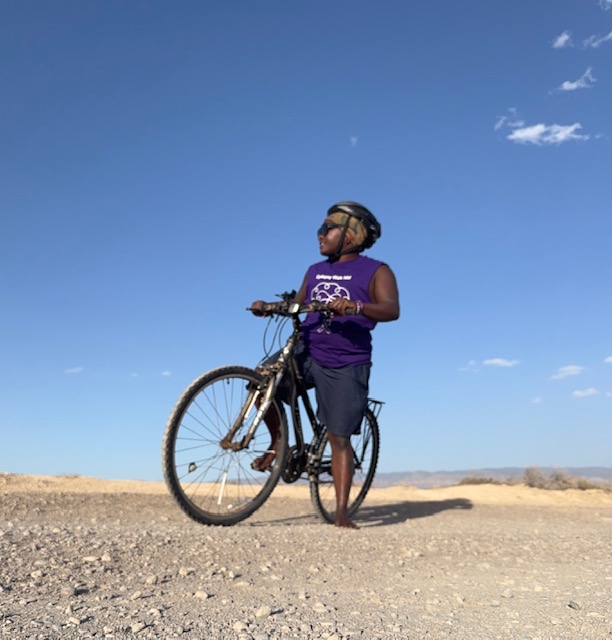
Let’s take a small detour – maybe you can share a bit about yourself before we dive back into some of the other questions we had for you?
I have been a mobile loctician for 6 years. A mobile loctician goes to people’s houses or meets them in a neutral location to do their hair. I took the risk to do an apprenticeship from an amazing loctician and have loved it since. While I didn’t trust myself to do hair as a full-time job until now (I continued pursuing the 9-5 life and simply did locs on the side), I realized that doing something I enjoy is more important to me than making money in a way that is more socially acceptable.
I do the crochet method, which means I can work with clients who normally would not get good dreadlocks from a traditional hair salon. I can work with any hair texture, including straight or curly hair, and I can work with people who are balding or have other hair struggles without damaging it.
I also have a blog called Queer Vagabond. On my blog and Tok, I show that there are people out there living an adventurous lifestyle who you don’t normally picture. I also give tips and tricks for others who would like to take part in my favorite activities – camping, music festivals, and Burning Man. This includes interviews, gear campsites, gear reviews, and more.
I am in the process of starting a YouTube channel – this is an exciting venture for me as the videos will be more in-depth than those that I put out on Tik Tok. The first series that I will have is a van build for my Chevy Astro.
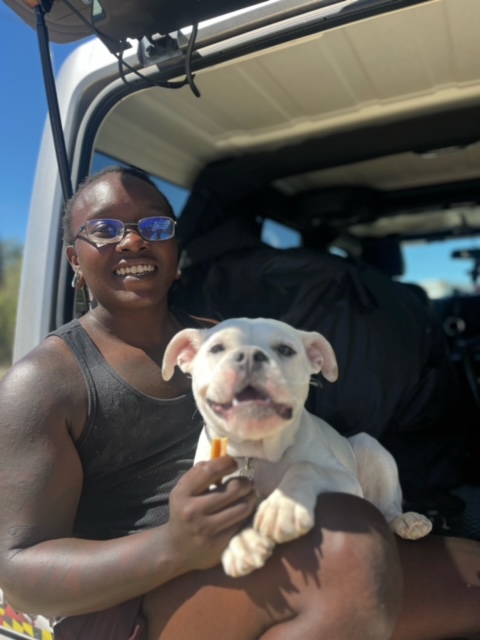
There is so much advice out there about all the different skills and qualities folks need to develop in order to succeed in today’s highly competitive environment and often it can feel overwhelming. So, if we had to break it down to just the three that matter most, which three skills or qualities would you focus on?
1. Persistence
One of my most prominent skills is my persistence – It’s also been described by friends and coworkers as doggedness or stubbornness, but I like to say persistence. Basically, once I make a decision, I stick with it. This has helped me with everything from decisciding where to live to deciding what to eat for breakfast. This is a positive for both myself and others, as I am not flaky on plans and I am a great project partner in both work and recreation. But it can also give me a bit of tunnel vision.
One way to be more persistent is to stop waffling about the “what-if’s”. Once you make a plan, focus on where it is going to take you and making those steps toward it.
2. Confidence
Persistence is supported by confidence. Being a confident person also helps you as a leader, business owner, and community member. One of my biggest sources of confidenc came from learning to seperate the actions from the self. If you make a silly mistake, you are not a silly person – it was your actions, which you can learn from and improve. This is also helpful for feedback. If someone is trying to give feedback on your work or in other aspects of your life, it helps me to see it as a critique of my actions and an opportunity for learning, instead of that person saying they don’t like me or want me to change.
A small but effective contributor is posture. I used to be a big sloucher, but I make sure to stand/sit up straight as often as I can, especially if I am facing customers or doing any sort of public speaking. This also helps me feel more confident.
3. Joy
Finding ways to bring a little joy into your life can make a big difference in whether or not you reach your goals. I try to do at least one thing a day that makes me happy, even in the darkest times. It can be as simple as listening to a song and feeling a little better for the time that song is playing. I also adhere to a strict morning routine, which makes me feel pumped and ready to face the day every morning.
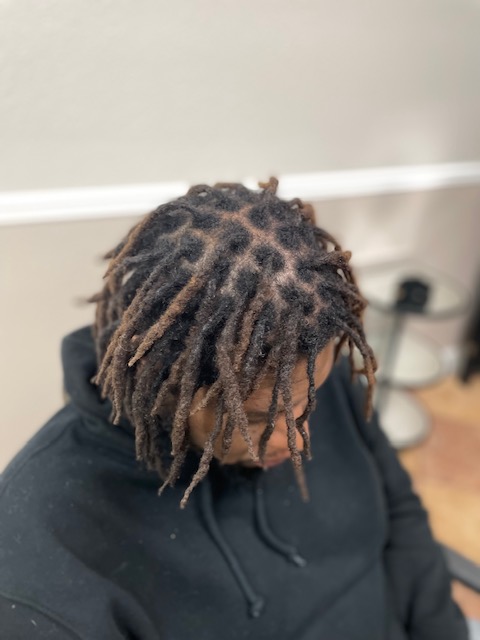
As we end our chat, is there a book you can leave people with that’s been meaningful to you and your development?
I remember finding a copy of The Defining Decade at a thrift store when I was twenty-four. Five years later, when I’m about to leave my twenties and hit the big three-oh, that book has followed me across multiple living situations, vehicles, and relationships. It is dog-eared and speckled with dirt and unidentified food flecks, because I’ve read it so many times while riding the bus or eating lunch. I would say it has been the most influential book for me.
Essentially, it is about taking your twenties seriously as a time to make choices that will define the rest of your life, such as finding a job and a partner. While it sounds like your typical pop-psyche self-help book, author Meg Jay is a psychologist who deals with many twentysomethings, and did a great job of catering the book to this audience. This is partially due to the anonymous testimonies from patients, making it feel less like you are being lectured at by someone who thinks they know better than you and more like you are in a therapy circle with a group of other young adults. I think this book gives a lot of straightforward advice for those who feel lost or otherwise need a little push to get the ball rolling, using a good dose of realism and humor to sweeten the pot. It also acknowledges that not everyone is handed the same lot in life, and encourages you to work with what you have.
Contact Info:
- Website: https://www.queervagabond.com/
- Instagram: https://www.instagram.com/queervagabond/
- Youtube: Queer Vagabond
- Other: https://www.dread-king.com/
@dread_king_locs
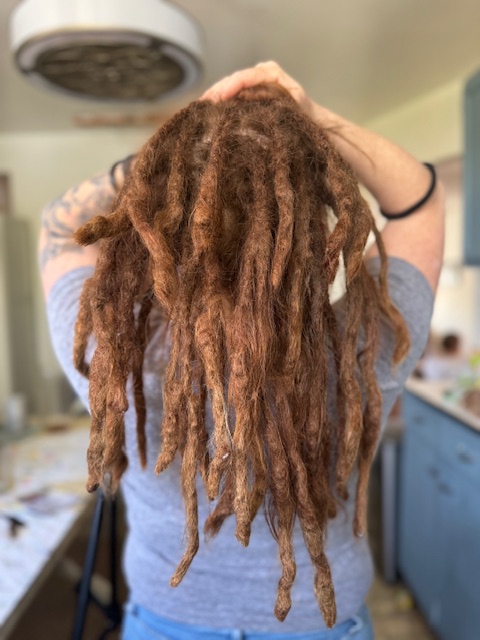
Image Credits
All my images
so if you or someone you know deserves recognition please let us know here.

